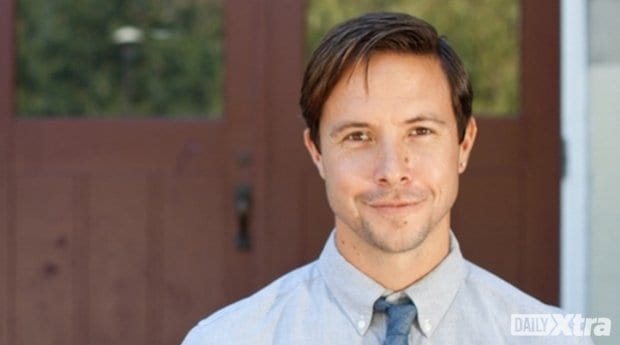If the mayoral debate at Langara College was a rough template of how Vancouver’s electorate experienced Election 2014, then it’s no wonder citizens tune out.
I learned nothing about the candidates at that Oct 22 gathering and instead had to swallow a whole lot of posturing and, in some cases, downright ineptitude. Not because the candidates were necessarily inept, but the format didn’t allow any room for perspective beyond snark, sound bite, deflection and refutation.
The mayor and his opponents were allotted a couple of minutes each to introduce themselves, their record and the issues they deemed important, another half minute to rebut a rival’s argument, followed by a less-than-illuminating pairing of debate opponents who squared off against each other on topics chosen by a media-stacked panel. Like an SAT test, it was mostly about managing time and knowing how to take the exam. Not a lot of substance.
But no matter how many times people say it’s not working for them, the electoral campaign format remains largely unchanged.
As the campaign approached its final weeks, I got word of an intriguing attempt to organize a gathering of queer candidates from all civic parties (which was, unfortunately, aborted in the end because of time constraints). But consider the potential: a means for candidates to get to know each other and the election’s resonating issues better and where community members can meet the people seeking their votes and their trust.
“I think it’s important just to have candidates who are running, who understand the importance of having dialogue about issues that matter to our community overall, regardless of which party we may belong to,” says Vision’s Trevor Loke, who tried, with the NPA’s Rob McDowell, to organize the gathering. “I think that’s really an important thing for people to know what commonalities they have with their candidates, what values do we share, what experiences do we share. We weren’t planning to go into this event with a sense that we were going to have a debate on issues amongst ourselves, but that people will get to know us one on one.”
How un-run-of-the-mill refreshing.
In many respects, our community is very much like any other in the wider society, with all its various prejudices and segregating “isms.” And as we blend more and more into the mainstream, those cleavages become more defined and visible. But we do have a legacy of fighting the good social-justice fight together, and it’s a vein that Loke, McDowell, the Greens’ Mischa Oak and others were looking to tap, rather than get mired in the usual politics of mutual demonization that is one of the signatures of party politics.
“I’ve really been impressed by the other queer candidates from all the parties. We’ve been able to stay away from that,” Oak says. “I’ve worked to nurture those relationships with the other queer candidates because I see us as the links between our parties. We are all uniquely positioned to be the bridges that can help us move into the much-needed and desired era of truly progressive politics and community building.”
Idyllic? Maybe. Except when I think back to the archaic model on display at Langara, not to mention the desperate, election-eve attack ads. The idea of having forums where the city’s voters can casually but substantively engage with candidates about issues — without predetermined questions, stopwatch constraints and false debates — is compelling as an alternative.
I think it’s even likely that voters in that setting could insist on their clearly and directly asked questions being clearly and directly answered. Big-picture stuff, as Oak puts it. Not the partisanship-as-usual that is often mired in the narrow and for the benefit of a favoured select.
Natasha Barsotti is Xtra Vancouver’s staff reporter.


 Why you can trust Xtra
Why you can trust Xtra


